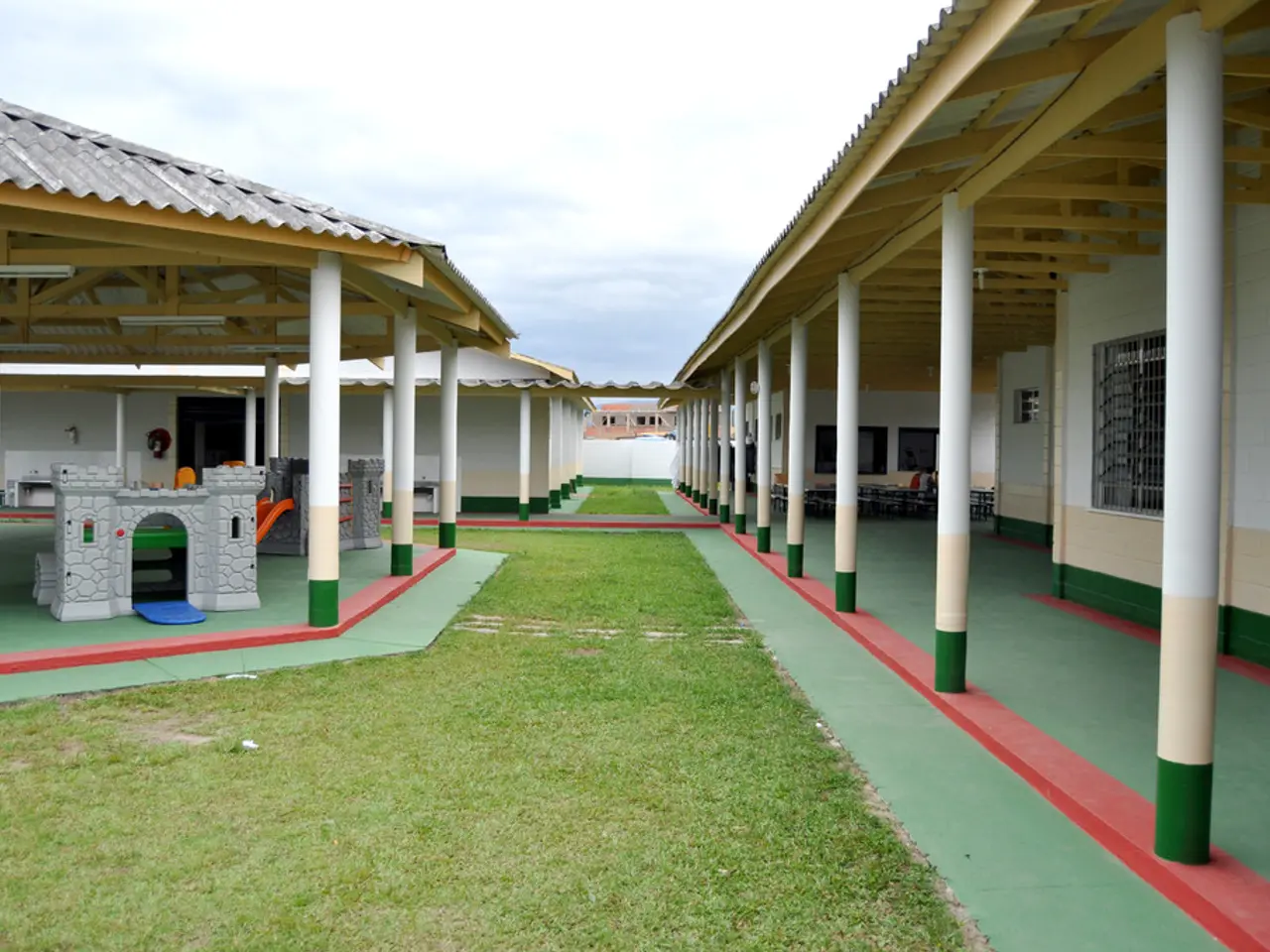Shrinking global funding for climate change initiatives poses a challenge for developing nations, according to the head of the CVF-V20 group.
Climate-Vulnerable Nations Seek Alternative Funding for Adaptation
The Climate Vulnerable Forum and Vulnerable 20 group (CVF-V20) are advocating for alternative funding sources for climate adaptation in developing countries, moving beyond traditional multilateral channels.
In a bid to secure adaptation funding, senior officials from climate-vulnerable countries have suggested that developing nations should seek financing beyond multilateral climate negotiations at the Conference of the Parties (COP). This initiative could provide much-needed assistance to countries like Pakistan, Bangladesh, Costa Rica, Fiji, Senegal, and the Philippines, which are among the first to be affected by climate change.
The Fund for Responding to Loss and Damage (FRLD) board, which has had five meetings in Manila, Philippines, United Arab Emirates, South Korea, and Azerbaijan, has already allocated funds for climate-vulnerable countries. At the last meeting in April, board members allocated US$250 million of the FRLD's US$368 million for the Barbados Implementation Modalities (BIM) as the start-up phase of the fund. However, the remaining US$18 million is not sufficient for a rapid disbursement emergency fund.
The CVF-V20 brings "added value" to climate financing by developing projects like the Global Shield against Climate Risks, which provides pre-arranged finance for member-countries in times of climate disaster. The Global Shield against Climate Risks has already paid out close to US$2 million to Ghana when it experienced extreme drought in 2024.
To unlock significant financing and break the sovereign debt constraints faced by vulnerable countries, the CVF-V20 proposes debt relief mechanisms, concessional financing, debt-for-nature and debt-for-climate swaps, and state-contigent debt instruments. These mechanisms aim to provide fiscal relief during crises.
In addition, the CVF-V20 emphasises the importance of mobilising domestic and community finance structures, such as savings groups, credit unions, local philanthropy, micro-insurance, and micro-finance institutions, for climate resilience. Strengthening legislative frameworks and regulatory regimes through parliamentary engagement is also crucial to attract and sustain climate investments by embedding climate prosperity agendas into core development strategies.
The pursuit of scaling voluntary carbon markets, as guided by government-led initiatives like the Voluntary Carbon Markets Integrity Initiative (VCMI), can channel private-sector finance credibly into climate action. The CVF-V20 also advocates for urgent reforms in the global debt architecture, enhanced concessional finance, and leveraging key political moments to advance climate finance.
Philippines board member representative Mark Joven expressed concern that rich country board members are pushing for a project financing-based mode of disbursement for the loss and damage fund. Joven believes that loss and damage funding should go directly into a recipient country's general budget for rapid disbursement in response to emergencies.
At the close of the sixth board meeting held in Cebu, Philippines, least developed countries demanded that a rapid disbursement of emergency funds for natural disasters was to be included in the loss and damage fund. The next board meeting will be held in Clark, Pampanga in the Philippines in September.
Liz Thompson, Sherpa of the Climate Vulnerable Forum, stated that finding new ways to access finance has become more important amid a restrictive global funding environment. Thompson stated that the CVF has a role to play that is catalysing, collaborative, ensures pressure at the global level, while developing its own mechanisms that are supportive for developing countries.
In summary, the CVF-V20 promotes innovative debt solutions, local finance mobilization, legislative reform for climate investment, and voluntary carbon market engagement as alternative climate adaptation funding sources beyond traditional multilateral channels.
- The Climate Vulnerable Forum and Vulnerable 20 group (CVF-V20) are advocating for alternative funding sources for climate adaptation, moving beyond traditional multilateral channels in developing countries.
- To unlock significant financing, the CVF-V20 proposes debt relief mechanisms, concessional financing, debt-for-nature and debt-for-climate swaps, and state-contigent debt instruments to break the sovereign debt constraints faced by vulnerable countries.
- The CVF-V20 also emphasizes the importance of mobilizing domestic and community finance structures, such as savings groups, credit unions, local philanthropy, micro-insurance, and micro-finance institutions, for climate resilience.
- Liz Thompson, Sherpa of the Climate Vulnerable Forum, stated that finding new ways to access finance has become more important amid a restrictive global funding environment.
- In addition, the CVF-V20 advocates for urgent reforms in the global debt architecture, enhanced concessional finance, and leveraging key political moments to advance climate finance, as well as scaling voluntary carbon markets through government-led initiatives like the Voluntary Carbon Markets Integrity Initiative (VCMI).




